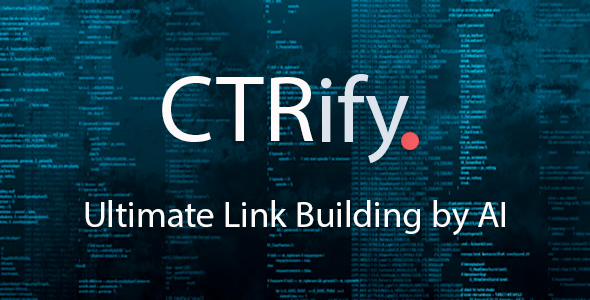SEO marketing is a subset of digital marketing that involves optimizing websites and websites for major search engines such as Google. SEO is sometimes used as an umbrella term that includes SEM, but since SEM only refers to paid advertising, they are actually separate. SEM is about getting traffic via paid ads, and SEO is more about capturing, monitoring and analyzing organic (unpaid) traffic patterns. Search engine marketing (SEM) is related to SEO in that they both deal with digital marketing work in search engines like Google and Bing.
However, SEO usually refers to internal, organic website optimization, while search engine marketing is generally known as advertising over a paid media budget. While SEO helps to increase your website's traffic naturally algorithmically, SEM earns traffic by buying ads on search engines. In the image on the left, you can see a search engine results page, which is the result of entering the keyword “digital marketing” in Google. The top four results have a small green box that says “ad” below the primary title link.
This means paid advertising or search engine marketing, where a brand or company paid Google to display their ads at the top of the page for that particular keyword. SEO is done because a website gets more visitors from a search engine when websites rank higher on the search engine results page (SERP). SEO and SEM are really two sides of the same coin, but they consist of very different actions and relate to different aspects of marketing. SEO specialists focus on optimizing a website to achieve the highest rankings in search engine results (SERP) and thus increase free organic traffic.
SEO is the basis of good SEM and if you've set up every system correctly, you have a better chance of getting quality traffic and improving conversion rates. SEO tries to make the website appear in the highest positions for certain keywords on crawlers such as Google. Sam Hollingsworth is a native New Yorker who is currently leading SEO efforts for global agency Hero Digital. The first major difference between SEO and digital marketing is that SEO is one of the tools used in digital marketing.
To avoid the above, SEO engineers developed alternative techniques that replace nofollow tags with obfuscated JavaScript and thus enable PageRank sculpting. The SEO strategy focuses on showing the page with selected keywords and phrases at the highest possible search position. If your site already ranks high for your keywords, your SEO needs are primarily determined by changes to Google's algorithm and competition. If your SEO work drives visitors but you're not seeing the conversions you want, you can use SEM to actively achieve those goals and bring them back to your website.
Website owners recognized the value of high ranking and visibility in search engine results and offered both white hat and black hat SEO practitioners an opportunity. The difference to SEO is most simply presented as the difference between paid and unpaid priority in search results.





